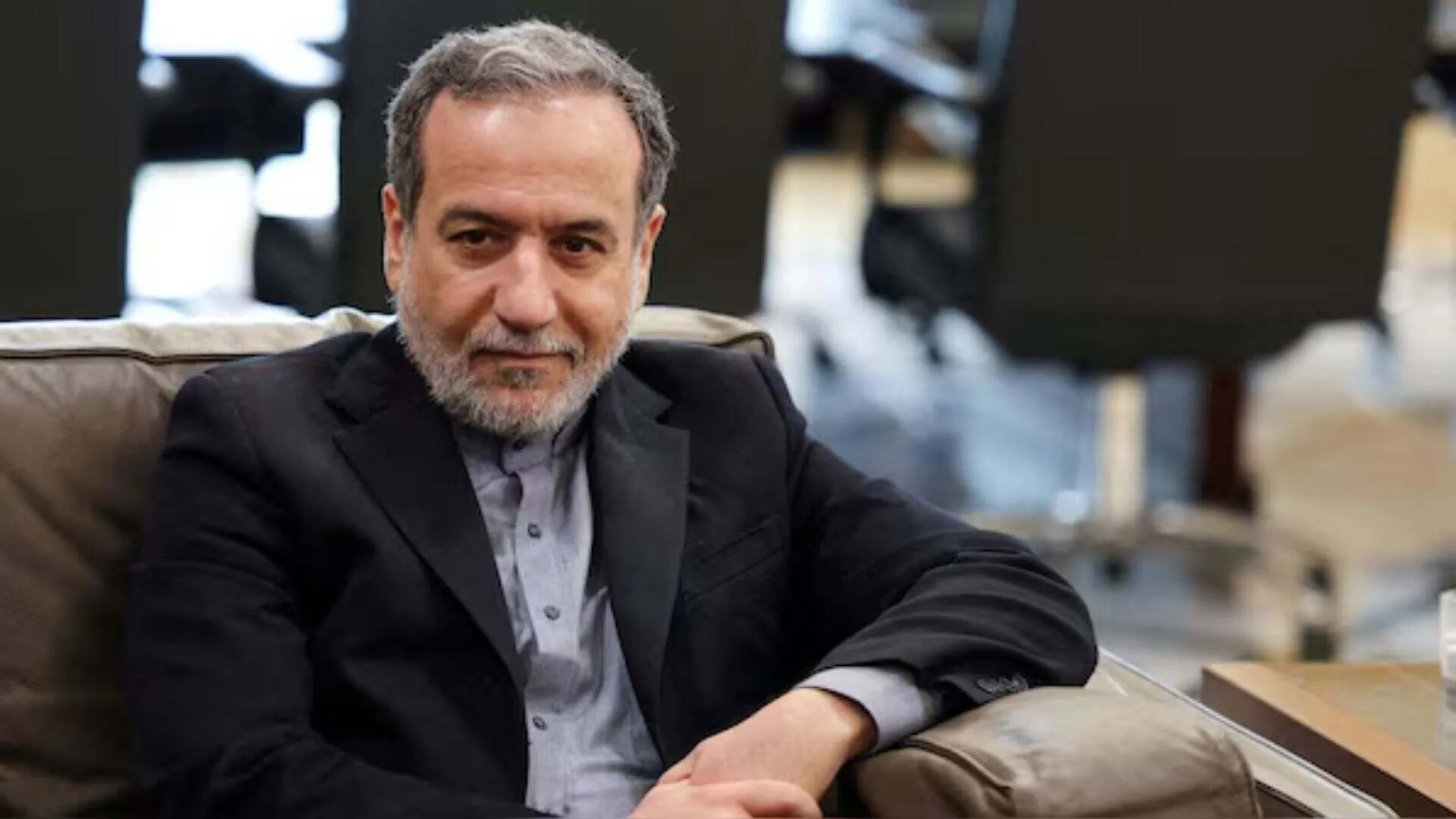Top-level talks between Iran and America are back in the picture with seasoned diplomat Seyed Abbas Araghchi as the Iranian delegate. The spotlight is on Iran’s contentious nuclear program, opening one of the globe’s hottest geopolitical tinderboxes. The negotiations to take place in Oman are timely, given the onset of profound regional unrest and the resumed threats of conflict.
Who is Abbas Araghchi?
Born in 1962 in Tehran, Abbas Araghchi comes from a prosperous religious merchant family that was originally based in Isfahan. He enlisted as a teenager in the Islamic Revolutionary Guard Corps (IRGC) after the 1979 Islamic Revolution and subsequently fought on the battlefields of the Iran-Iraq War.
Following the war, Araghchi turned to diplomacy, becoming a member of Iran’s foreign ministry in 1989. He was ambassador to Finland (1999–2003) and Japan (2007–2011), then assumed senior posts at home. In 2013, he became deputy foreign minister and, for a time, the ministry’s spokesman.
Famed for his level-headed approach and technical competence, Araghchi is English-speaking with degrees in political science and political ideology, including a PhD from the UK’s University of Kent. Over his four-decade career, he has served under reformist, moderate, and hardline governments, and retained intimate connections with the Supreme Leader and the IRGC.
He has good relations with the supreme leader, the Revolutionary Guards and all political factions in Iran,” a senior Iranian official said to Reuters.
Watch:
Key Role in the 2015 Nuclear Deal
Araghchi was one of the key architects of the 2015 Joint Comprehensive Plan of Action (JCPOA) — the historic nuclear agreement between Iran and six world powers. The agreement limited Iran’s uranium enrichment in return for sanctions relief. Western officials who took part in those negotiations characterized him as “serious, technically knowledgeable and a straightforward diplomat.”
Yet, the agreement fell apart in 2018 when US President Donald Trump unilaterally withdrew and reimposed crushing sanctions. This action caused Iran to increase its nuclear activities, such as enriching uranium to 60% purity, moving closer to weapons-grade levels.
Under President Joe Biden’s presidency, Araghchi was present at indirect efforts to restore the JCPOA, though nothing fruitful came from these efforts. He was succeeded later by a hardline negotiator but maintained his influence in being Secretary of Iran’s Strategic Council on Foreign Relations, the direct advisory institution reporting to Ayatollah Khamenei.
Return Under New Administration
Araghchi was brought to the front again following the 2025 presidential election of President Masoud Pezeshkian, who has been keen on renewing relations with the West. At the blessing of the Supreme Leader, Araghchi was made foreign minister and now chairs Iran’s delegation at the forthcoming Oman talks.
Chi is the proper man in the proper place at the proper moment,” Iranian commentator Saeed Leylaz quoted. “One of the most influential foreign ministers in the Islamic Republic’s history, with all the powers bequeathed on him by supreme leader Ali Khamenei and intimate familiarities with the entire range of the nuclear phenomenon.”
Diplomacy Without Partisanship
Araghchi’s ability to stay above Iran’s internal political fray has earned him wide respect. “He has kept himself distant from political frays and infighting,” said a senior official, noting that this neutrality could lend Iran more negotiating flexibility while shielding Araghchi from political fallout if compromises arise.
Speaking to Khabar Online recently in an interview, Araghchi admitted the point of starting anew from where it was a year ago cannot be reached any more. “Our nuclear program has developed tremendously and we are not able anymore to go back to the conditions of the JCPOA,” he stated. Nonetheless, he still thinks that “the 2015 deal can still be a basis and a model for negotiations.”
Private Life, Public Impact
At 62, Araghchi has three children from his first marriage and a daughter from his second. Despite his reputation for professionalism, he keeps his private life well away from the public eye. In foreign policy circles inside Iran, however, his surname is all but synonymous with nuclear diplomacy.
A New Chapter or a Dead End?
The coming negotiations in Oman, a classic setting for backchannel diplomacy — are being described differently by both sides. While the US maintains the negotiations will be face-to-face, Iran says they’ll continue to be indirect.
Araghchi will be negotiating across from Steve Witkoff, a Trump-nominated envoy with no diplomatic background. An Iranian official said to Reuters, “The length of the talks, that will only be on the nuclear issue, will depend on the US side’s seriousness and goodwill.”
The region remains highly volatile. Since 2023, wars in Gaza and Lebanon, Iran-Israel missile exchanges, Houthi attacks in the Red Sea, and the collapse of Bashar al-Assad’s regime in Syria have shifted the balance of power. Iran’s influence, especially among its ‘Axis of Resistance’ allies — Hamas, Hezbollah, the Houthis, and Shi’ite militias has declined sharply.
Back in office, Trump warned Iran is in ‘great danger’ if a new deal isn’t made. “I want Iran to be a great, wonderful, happy nation, but they can’t have a nuclear weapon,” he said on Air Force One. Secretary of State Marco Rubio chimed in, “We’ve made very clear what Iran is never going to have a nuclear weapon, and I think that’s what brought about this meeting.
Despite deep-rooted distrust, Tehran has shown a cautious willingness to engage. In a recent statement, it criticised Washington’s ‘prevailing confrontational hoopla’ but offered the US a ‘genuine chance’ for resolution.
Whether these Oman talks lead to progress or stall like many before remains to be seen but Araghchi’s return signals that Iran is serious about giving diplomacy one more shot.























